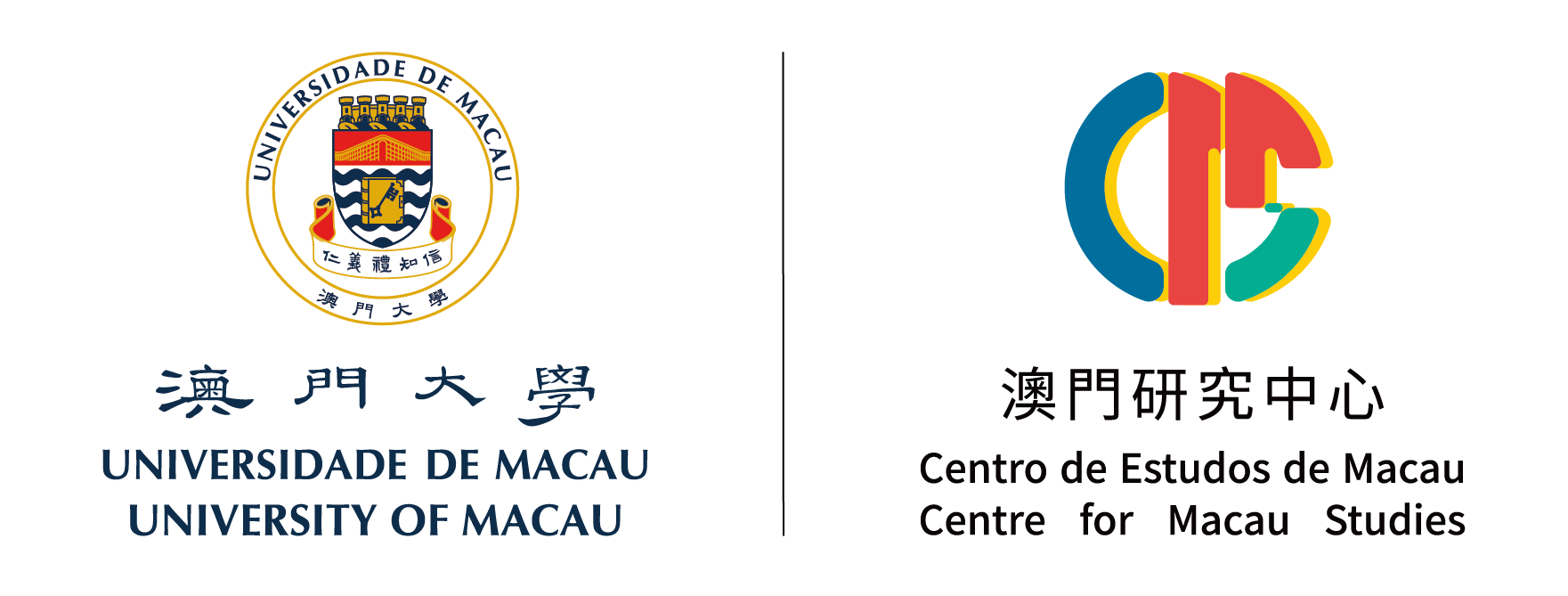
| 標題 Title |
戰後何賢引渡案探析 An Analysis of the Extradition Case of Ho Yin in Postwar |
|---|---|
| 作者 Author |
高永鈿 GAO Yongdian |
| 摘要 Abstract |
抗戰勝利後,國民政府展開肅奸行動,本土之外的戰時中立區澳門亦被納入其肅奸視野。國民政府指控部分澳門華商為“經濟漢奸”,要求澳葡政府予以引渡,其中就包括何賢。然而澳葡政府堅稱該批華商在戰時不僅無通敵之嫌,更有救民之實,拒絕予以引渡,事件一度引起廣東民間輿論關注。同時澳門出現了有人被誣告“漢奸”、藉機勒索的社會現象。何賢並非該批被指控“經濟漢奸”中的核心人物,但結合當時社會環境,針對其指控很有可能是遭人勒索不成而被誣陷。廣東高等法院檢察處經過調查核實,最終於1948年4月裁定何賢無罪。 After the victory of the World War II, the Nationalist Government launched an anti-traitor campaign. Macao, a neutral zone during the war, was included in its scope of campaign. The Nationalist Government accused some Chinese businessmen in Macao of being “economic traitors” and demanded the Macao government comply with the extradition, including Ho Yin. However, the Macao government insisted that the Chinese businessmen were not only not suspected of collaborating with the Japanese during the war, but also of saving the people, and refused to extradite them. The extradition campaign once aroused public opinion in Guangdong. At the same time, there was a social phenomenon in Macao, where some people were falsely accused of being “traitors” and taking the opportunity to extort money. Ho Yin was not a well-known figure in the group of alleged “economic traitors”, but in the context of the social environment at the time, this case is likely that he was falsely accused of being blackmailed. The Guangdong High Court Prosecutor’s Office finally found Ho Yin not guilty in April 1948 after investigating and verifying the case. |
| 關鍵詞 Keywords |
引渡,何賢,肅奸,廣州行營,澳門 Extradition, Ho Yin, Anti-traitor, Canton camp, Macao |
| 下載 Download |
Link |

